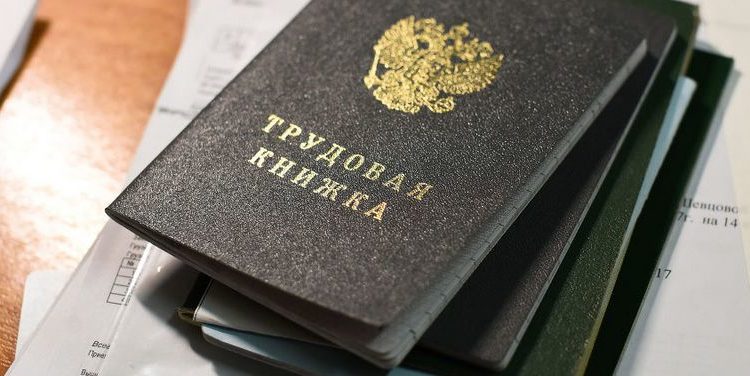
Avoid Paying So People Work: The Idea behind Unemployment Benefits
Unlike the case in many developed countries, the Russian government is ready to provide financial support to all people who are registered unemployed. Researchers from the HSE Centre for Labour Market Studies undertook a study of how the unemployed are treated in other countries and proposed measures for improving the situation on Russia’s labour market.

Working or Protesting
The higher the unemployment rates in Western European countries, the more likely it is that socio-political destabilization will occur. At the same time, the highest levels of unemployment in Eastern European countries are accompanied by anti-government protests of very low intensity. This is just one of the conclusions made by HSE experts in their paper ‘Unemployment as a predictor of socio-political destabilization in Western and Eastern European countries’.
Low Self-esteem May Predict Unemployment
Once unemployed, mid-level employees suffer primarily from loss of income, while senior-level leaders mostly resent the loss of respect; of all employee categories, production and service workers are most likely to become unemployed. These are some of the findings summarized in the paper 'The dynamics of subjective social status associated with loss of employment: an analysis of occupational differences', which was presented by Anna Zudina, Junior Research Fellow of the Centre for Labour Market Studies, at the Ninth Yuri Levada Memorial Conference on Contemporary Russian Society and Sociology hosted by HSE.
Unemployment, Labour Supply Variations and Precarious Work
On April 7-10, the Laboratory for Comparative Social Research at HSE will hold the Fifth LCSR International Workshop ‘Social and Cultural changes in cross-national perspective: Subjective Well-being, Trust, Social capital and Values’ which will take place as part of the XVI April International Academic Conference on Economic and Social Development. Attending this year’s conference is Arne L. Kalleberg, Kenan Distinguished Professor of Sociology at the University of North Carolina. He recently spoke with the HSE news service about the challenges facing labour force research, the situation with unemployment in Russia, and his interest in developing collaboration with researchers at HSE.
Most Russians Are Worried about Price Increases, Poverty and Unemployment
Results of a survey by the Levada Centre for social research show that price increases are the thing that Russians worry about most. The second thing on their worry list is poverty and the third, – unemployment. Only a tiny 4% of those asked said they worry about restrictions on civil rights and democratic freedoms. HSE professor and researcherNataliya Tikhonova explains why, if we look more closely, these results are not actually surprising at all.


Deadline for applications to present academic reports - January 20, 2025